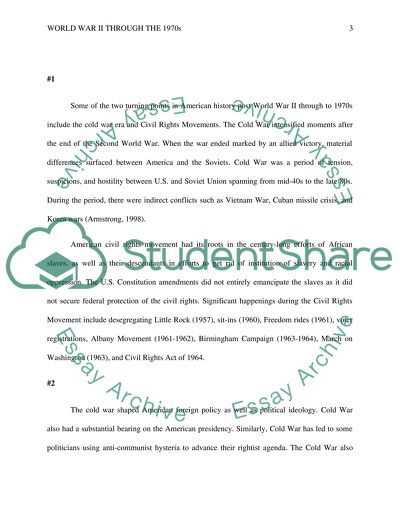Cite this document
(“World War II Through the 1970s Essay Example | Topics and Well Written Essays - 1500 words”, n.d.)
Retrieved from https://studentshare.org/history/1451921-world-war-ii-through-the
Retrieved from https://studentshare.org/history/1451921-world-war-ii-through-the
(World War II Through the 1970s Essay Example | Topics and Well Written Essays - 1500 Words)
https://studentshare.org/history/1451921-world-war-ii-through-the.
https://studentshare.org/history/1451921-world-war-ii-through-the.
“World War II Through the 1970s Essay Example | Topics and Well Written Essays - 1500 Words”, n.d. https://studentshare.org/history/1451921-world-war-ii-through-the.


